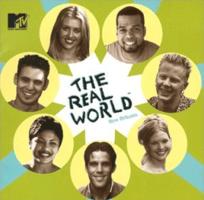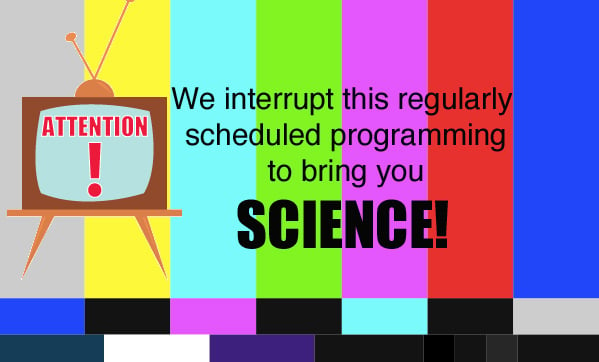There is no better way to escape the drama of our lives than by tuning into someone else’s drama. As it turns out, there is a billion dollar industry ready to help… 24/7/365. We’ve had a cultural obsession with reality television programming since The Real World which ran for 32 seasons on MTV from 1992 to 2017.
One could argue that Candid Camera (which first aired in 1948) was the first prototype of reality television. But, the millennium brought powerhouses like Survivor, American Idol and Big Brother – all of which became global franchises.Love it or hate it, reality TV is big business, and there's something for everyone no matter what you’re into. According to 2019 Nielsen statistics, reality shows accounted for half of all programming on broadcast and cable and generated $6 billion in annual revenue.
- Want to watch professional chefs compete against each other in various culinary challenges while being judged by a panel of professional foodies and wine snobs? Binge watch 16 seasons of Top Chef.
- If you’d rather be a fly on the wall as aspiring entrepreneurs pitch their innovations and fledgling companies to potential investors, Shark Tank just started season 11.
- Or maybe you’re more into an extreme marriage experiment where “specialists” -- including a spiritualist, a relationship coach and a sociologist – play matchmakers to connect couples who meet for the first time on their wedding day. Help yourself to 10 seasons of Married at First Sight.

And Now This
250 million years of evolution have produced major differences in the brain that distinguish us from our ancestors. This evolution has made us more connected to the social world and more dependent on it. The importance of social connections are so strong, that when we are rejected, ostracized or experience other types of social “pain,” the brain “hurts” just as if we were feeling physical pain.
Even more interesting is the fact that one’s “pain matrix” (a network of brain areas involved in the experience of pain) that is triggered when we observe someone in physical pain is also triggered when we see someone experience social pain. Recent research indicates that merely watching other people connect, disconnect, and reject one another on television has a significant impact on our socio-emotional states.
What does all this have to do with reality TV? One study found that exposure to narcissistic reality TV characters can increase narcissism in viewers. Additional studies show that regular reality TV viewers report feeling an inflated sense of self-importance and greater dissatisfaction with their own lives compared to those around them.
Another study conducted by the Girl Scout Research Institute reported that the vast majority of the girls surveyed said that these shows “often pit girls against each other to make the shows more exciting” (86%), “make people think that fighting is a normal part of a romantic relationship” (73%), and “make people think it’s okay to treat others badly (70%).” Moreover, they are considerably more likely to accept and expect a higher level of drama, aggression, and bullying in their own lives.
Other research examines how reality shows influence empathy and found activation in brain regions associated with empathy and social identity when subjects watched video clips from reality TV shows that featured protagonists’ flaws, pratfalls, and violations of social norms.
“It’s strange that we’re connecting more, but not. And it’s spawned a whole generation of bullies and everybody’s a critic; things they would never say to your face; people hide behind it. I just feel it’s all going to shit, like when you look at reality TV which is the museum of social decay.” – Gary Oldman
One Human Need and One Human Fear They All Exploit
But one aspect that all of the reality TV shows have in common is competitiveness that embodies the deeply rooted human need for acceptance and belonging – and the deeply rooted human fear of social rejection and ostracism. The Survivor formula of challenges and eliminations, for example, presents a competition where contestants outwit, outplay, and outlast, by both building alliances and betraying allies. This competitiveness intensifies the need for status and desire for revenge when that status is threatened.
In addition, because our relationships have radically changed over the last decade thanks to social media platforms like Facebook, Instagram, and Twitter, we experience a form of “detached connection.” We can find out what our friends are doing, eating, wearing or driving without ever having to speak to them. This mirrors the kind of detached connection one can feel with the Kardashians or the Duck Dynasty boys through the screen without leaving the couch or the risk of emotional hurt.
Research shows that we are lonelier and feeling more disconnected than ever before with the social media generation feeling the loneliest. New data from YouGov (July, 2019) reports that 30% of Millennials, 20% of Generation X and 15% of Baby Boomers say they always or often feel lonely.
It’s sad that at a time when we’re more connected than ever, we’re also more lonely.
#realitytv #ghosting #socialconnection







